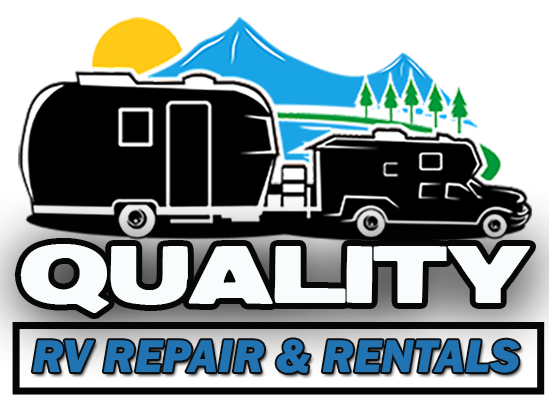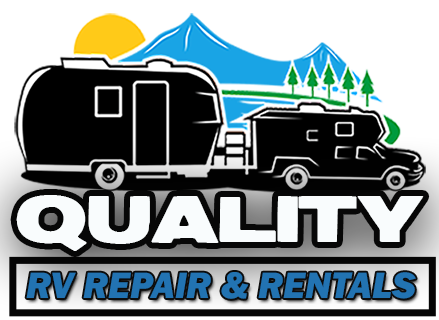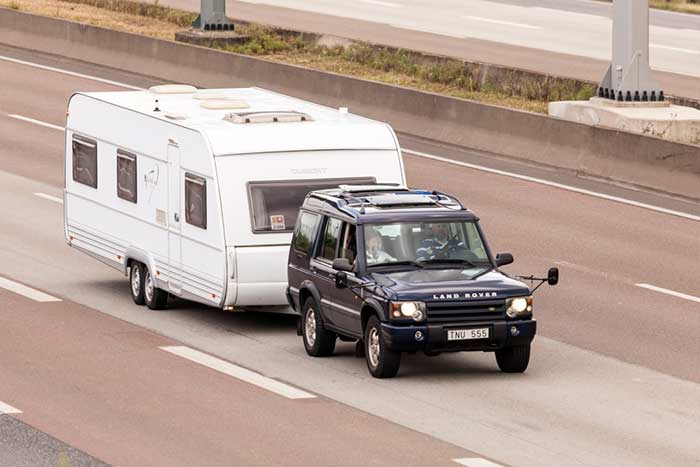Guide to Towing Your Rental RV: Essentials & Safety Tips
Embarking on an RV trip can be the start of an unforgettable adventure, but towing an RV requires a bit of preparation and awareness to ensure a safe journey.
Whether you’re a seasoned RVer or a first-timer, understanding the basics of towing is crucial.
Here are essential tips and safety guidelines to help you tow your rental RV with confidence.
Basic Introduction to Towing an RV
Towing an RV involves attaching a trailer or camper to the back of a vehicle. It’s important to recognize that towing affects the dynamics of your driving experience, including acceleration, braking, and turning.
Before you hit the road, familiarize yourself with the towing capacity of your vehicle and ensure it matches the weight of the RV you plan to tow.
This compatibility is essential for safe and efficient driving.
Essential Checks Before Departure
Before you depart on your trip, a thorough check of both your vehicle and the RV is essential. Here are some key areas to focus on:
- Tire Pressure: Ensure that both your vehicle’s and the RV’s tires are inflated to the recommended levels. Proper tire pressure is critical for safe towing and can help prevent blowouts.
- Connections: Double-check the hitch system, safety chains, and electrical connections. The hitch should be secure, and safety chains should be crossed under the tongue of the trailer to catch it if the hitch fails.
- Lights and Signals: Make sure all lights and signal indicators are working on both your vehicle and the RV. This includes brake lights, turn signals, and tail lights, which are crucial for communication with other drivers.
Safety Tips While on the Road
Once you’re on the road, driving with an RV attached requires extra caution and awareness:
- Braking Distances: Remember that the added weight of the RV will significantly increase your stopping distance. Allow more space than usual between your vehicle and others on the road, especially in wet or slippery conditions.
- Turning and Handling: Turns should be taken wider than usual as the RV will track inside the turn. Be mindful of your RV’s swing-out, and adjust your mirrors to give a full view of the road on both sides and behind.
- Weather Considerations: High winds and rain can affect your towing stability. In heavy winds, reduce your speed and steer steadily to avoid swaying. If you encounter severe weather conditions, consider pulling over until it’s safe to continue.
What to Do in Case of Towing Difficulties
Even with the best preparations, you may encounter towing difficulties. Here are some tips on how to handle common issues:
- Swaying: If your RV begins to sway, avoid the urge to steer against it. Instead, gently reduce your speed and steer straight ahead until the swaying stops.
- Breakdowns: If your vehicle or RV breaks down, move as far off the road as possible and use flares or reflective triangles to alert other drivers before calling for help.
- Hitch Issues: Regularly inspect the hitch during stops on your journey. If you notice any loosening, tighten the connections before continuing.
Towing an RV can transform a regular trip into a grand adventure. With these essential checks and safety tips, you’ll be well on your way to a safe and enjoyable journey.
Remember, preparation is key to ensuring that your adventure is both fun and secure.


